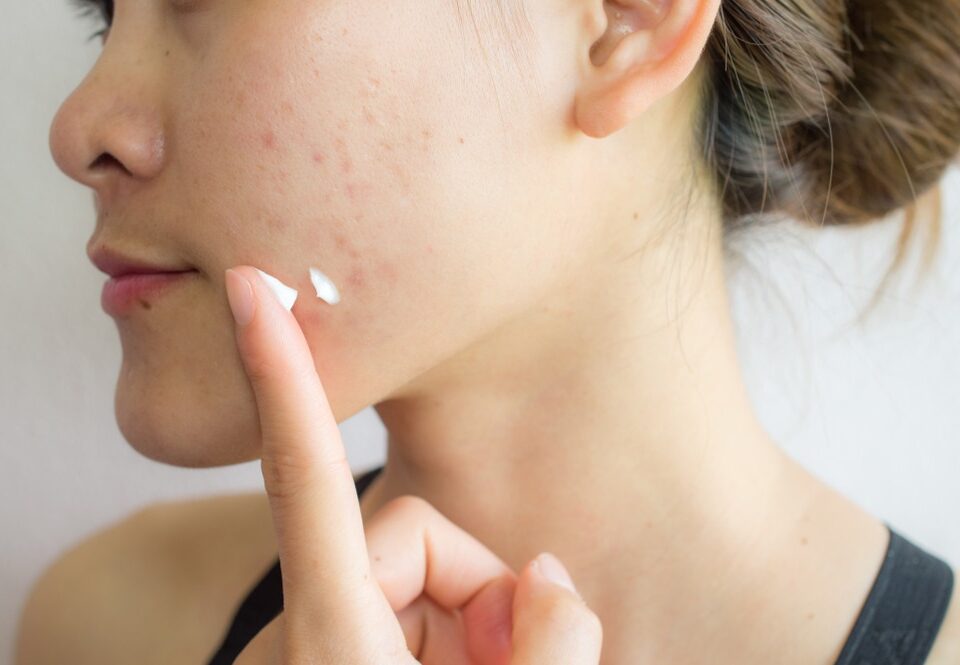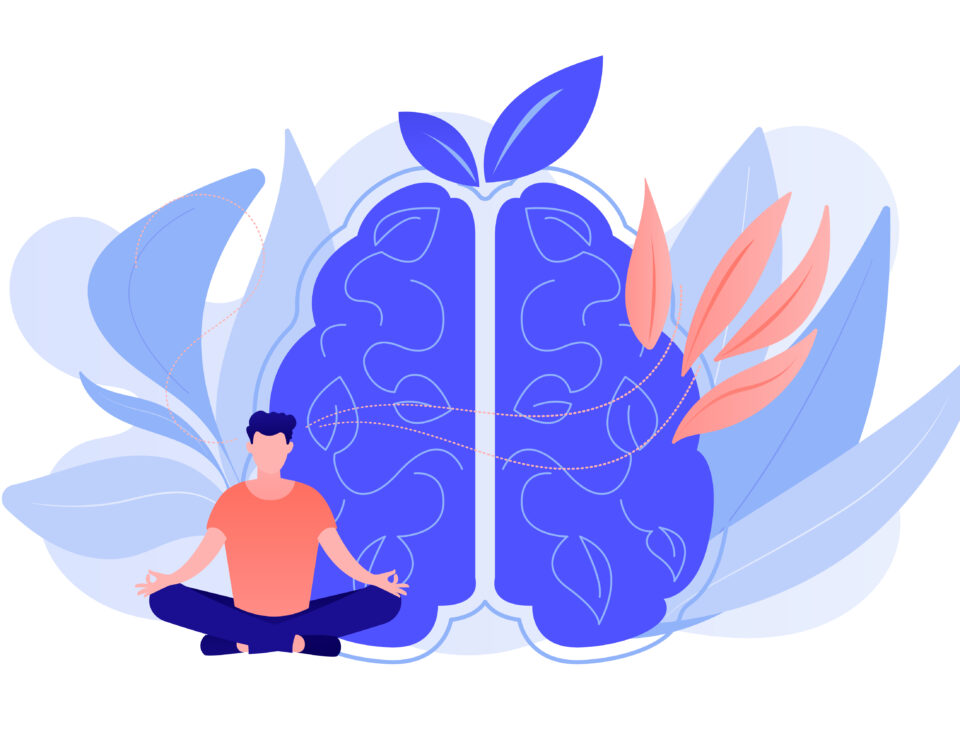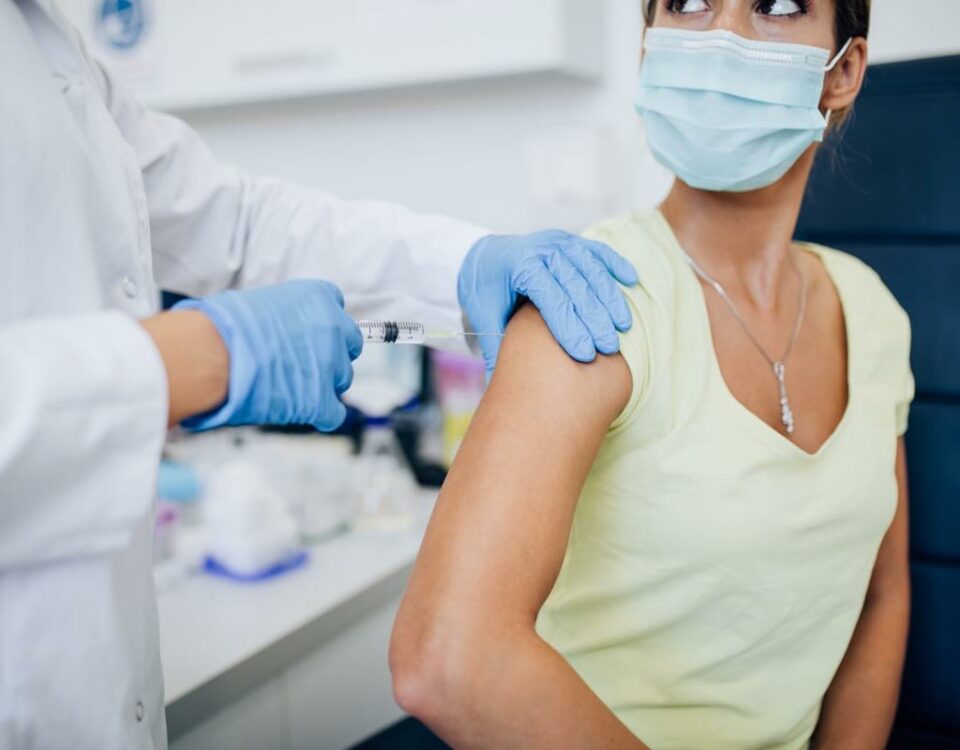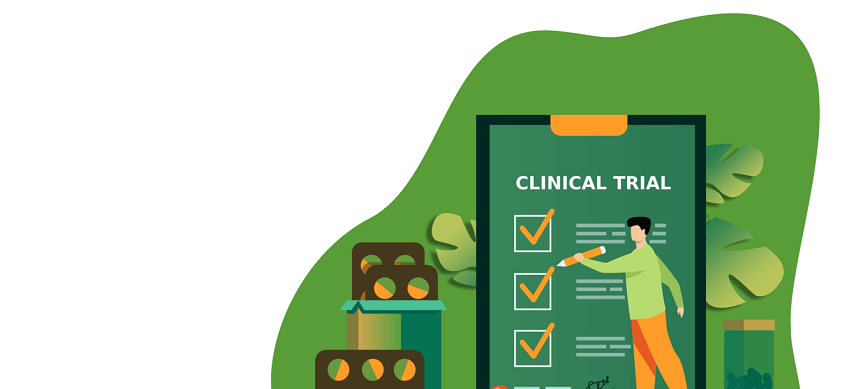
Are children born through assisted reproductive technology (ART) are at higher risk of developing childhood cancers?
October 6, 2022
Benefits of onion as a functional food for hair health
July 31, 2023Reviewer by : Dr. Abid
A mother’s health and wellbeing whether it is physical, mental or psychological is crucial for the health, optimal growth and progression of future generations.
Recently, a study from Berlin reports that adverse childhood experiences in mothers can negatively impact their children mental and physical health. Researchers found that health problems are more common in children of mothers who experienced maltreatment themselves as children.
The researchers define maltreatment as physical, emotional or sexual abuse or neglect by a parent or guardian leading to physical or emotional harm or the threat of harm to a child.
According to the study maltreatment during childhood is especially a risk factor for health problems in the exposed individuals as it brings a host of lifelong consequences. Maltreatment during a mother’s childhood is found to be associated with a higher risk of health issues such as asthma, ADHD, autism and depression in the next generations.
[Asthma: It is a chronic lung disease that affects the respiratory airways and cause breathing difficulties.
Autism: Autism spectrum disorder is a neurological and developmental disorder that affects one’s ability to interact, communicate, and also affects learning skills and behavior.
ADHD: Attention deficit hyperactivity disorder is a common neurodevelopmental disorder of childhood. Children with ADHD may be overactive, may have trouble in paying attention, controlling impulsive behaviors etc.]
Moreover, adverse experiences during a parent’s childhood impacts their physical, mental, behavioral and social wellbeing that can continue through pregnancy and parenthood and may consequently affect their own children development and health.
How the study was conducted?
To conduct the study the international team of researchers analyzed the data of 4337 American mothers from 21 long-term studies; mothers reported on their childhood experiences and also provided information on health diagnoses in their biological children up to age 18. The data which extended across two generations of the same family allowed researchers to identify meaningful connections.
Conclusions of the study
The study results revealed that children of mothers who reported adverse experiences were at higher risk of developing asthma, attention deficit/hyperactivity disorder (ADHD), and autism. These children also have a higher incidence of depression and anxiety disorders which are known as ‘internalizing disorders’.
Furthermore, daughters of mothers in these groups are also at higher risk of obesity than their sons.
The researchers mentioned that these connections are independent of whether the mother has same diagnosis which suggests that the risk of that particular health problem is not being transmitted genetically. Moreover, children of mothers exposed to early or serious trauma are at greater risk of developing multiple physical and mental health problems. However, researchers mentioned that the study findings do not suggest that all children of mothers with adverse childhood experiences automatically end up with health problems; the risk is elevated but it does not necessarily lead to a specific health problem.
Furthermore, researchers have not yet fully decoded the exact mechanisms by which the risk is passed on to the next generation. But there are indications that adverse childhood experiences could affect maternal biology during pregnancy e.g. stress hormones can affect fetal development in a way that the offspring become more vulnerable for impaired health. If mother’s mental health is affected due to her childhood experiences, this impacts her interaction with the child and so it is an important factor in these multi-generation effects.
The research team suggest that it is very important to identify these mothers and children early on as early identification and appropriate support and intervention can have a positive effect on health and wellbeing of affected mothers and children. Thus could help two generations and the child could be prevented from developing health problems.
REFERENCE:
The far-reaching consequences of child abuse: Study shows link between early trauma experienced by mothers and health problems in their children
https://www.sciencedaily.com/releases/2023/02/230224135044.htm






